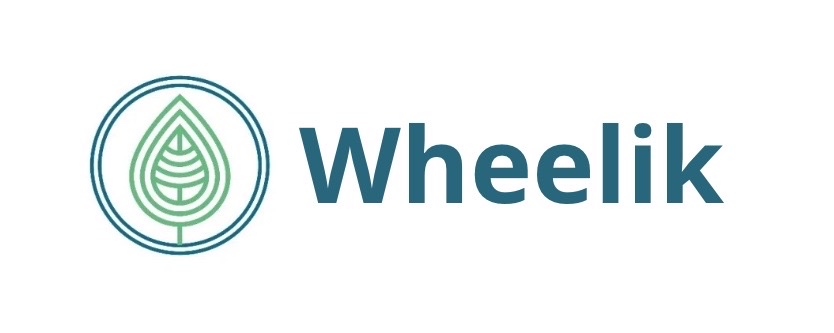Timid Efforts Despite Ambitious Legislation
France, eager to reduce its carbon footprint, has set targets for transitioning to greener mobility.
Despite governmental ambitions, French companies struggle to integrate a sufficient number of electric vehicles into their fleets, thus facing imposed quotas. The regulatory framework, although clear, faces mixed compliance from large economic entities and delays in its effective application.
Electric Vehicle Sales on the Rise, a Promising Sign
In April 2024, the French market saw electric vehicle sales climb to 17%, underscoring growing interest in these environmentally friendly powertrains.
Recognized for its lesser ecological impact over its entire life cycle, this alternative to combustion engines is part of a long-term economic approach, particularly in terms of use and maintenance. This growing awareness is encouraged by the government, which aims to profoundly transform the national automotive fleet.
Quotas, a Tool of Environmental Policy
The Mobility Orientation Law has introduced specific requirements for companies managing fleets of more than a hundred vehicles, with gradual conversion milestones towards electric by 2027.
However, the manipulation of statistics using plug-in hybrid vehicles, sometimes misused, circumvents the original intent. Therefore, governmental measures aimed at regulating abusive practices and strengthening penalties for non-compliance have been considered, although they are not yet close to being implemented.
When Sanctions Are Slow to Come
The proposed law from Damien Adam, Renaissance deputy, introduced the concept of financial penalties for non-compliant companies. This text, which has undergone multiple adjustments, particularly concerning the staggering of quotas over time, is momentarily on hold and will wait for post-electoral decisions to potentially be adopted.
The European Union and the Objectives for 2030
France’s position is in the context of a broader European setting which envisions a fully electric fleet from 2030, and the end of new combustion engine car sales in 2035. These measures are part of an ambitious plan of the European Commission to mitigate climate change.
Incentives to Accelerate the Transition
The government continues to rely on financial incentives, such as the ecological bonus, to encourage motorists to adopt electric vehicles. In addition, the social leasing scheme, halted for 2024 due to a lack of available vehicles, should be reinstated to help democratize access to these less polluting cars.


